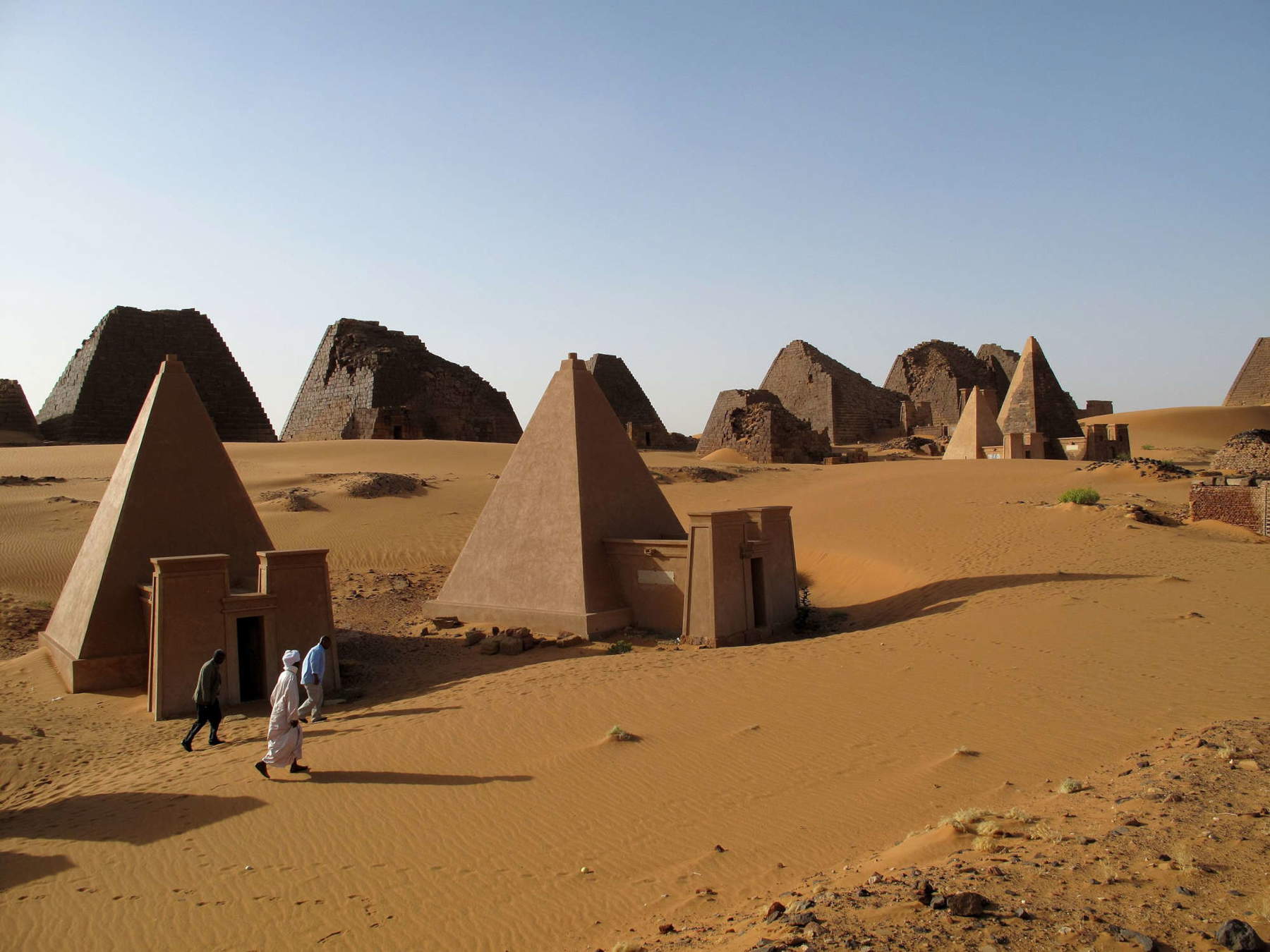UNESCO expresses concern about the archaeological sites onMeroe Island in Sudan, which have been part of the World Heritage Site since 2011. Meroe is a very ancient city in the north of the country located in the area of the same name, called the “Island” because it is surrounded on three sides by the Nile.Between the 8th century B.C. and the 4th century A.D, Meroe Island was the heart of the Kingdom of Kush, and Meroe was the city of the Kushite kings, located near the religious site of Naqa and the temple complex of Musawwarat es Sufra. The area has recently become the scene of military activities that endanger the UNESCO World Heritage archaeological sites: in fact, clashes between the Sudanese Armed Forces (SAF) and the Rapid Support Forces (RSF) have been reported in recent days, as part of the civil war that has pitted the regular army against the paramilitary organization since April last year. In recent days, SAF planes have attacked some enemy positions near Meroe Island, with the serious risk of the sites becoming the scene of battles and looting.
As a result, UNESCO called on all parties concerned to fully comply with international law, including the 1954 Convention for the Protection of Cultural Property in the Event of Armed Conflict, which stipulates that cultural property should neither be targeted nor used for military purposes. Unesco has since let it know that it is closely monitoring the development of the situation.
Given the high risks of looting and illicit trafficking of cultural property due to reduced security capacity at Sudanese heritage sites, UNESCO has extended a call for vigilance to law enforcement agencies, art market actors, and all cultural professionals to refrain from acquiring or taking part in the import , export or transfer of ownership of cultural property when they have reasonable grounds to believe that the objects have been stolen, illegally alienated, clandestinely excavated or illegally exported from Sudan.
Since April 2023, when the war began, UNESCO has mobilized within its mandate to support the culture, education, science and information sectors in Sudan. In addition to invoking international law, the organization has implemented a number of emergency measures in the country and neighboring countries: funding to help Egyptian authorities support the education of young Sudanese who leave the country to take shelter in Egypt, monitoring the impact on the country’s cultural sites, and funding NGOs that support Sudanese artists.
Pictured: the Island of Meroe. UNESCO photo.
 |
| War in Sudan, Unesco concerned about archaeological sites on Meroe Island |
Warning: the translation into English of the original Italian article was created using automatic tools. We undertake to review all articles, but we do not guarantee the total absence of inaccuracies in the translation due to the program. You can find the original by clicking on the ITA button. If you find any mistake,please contact us.